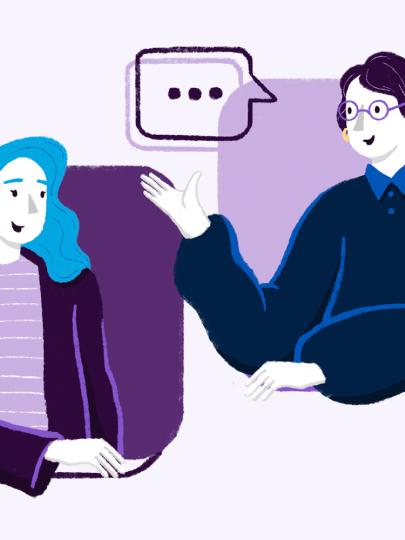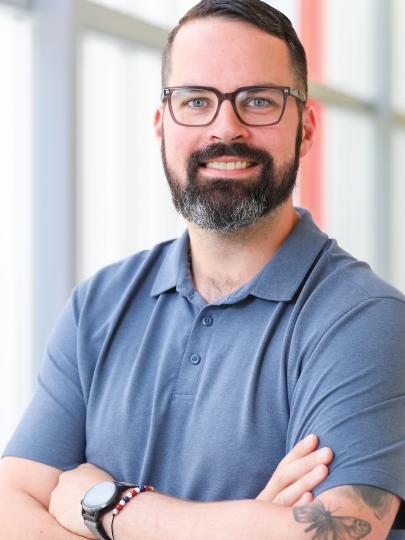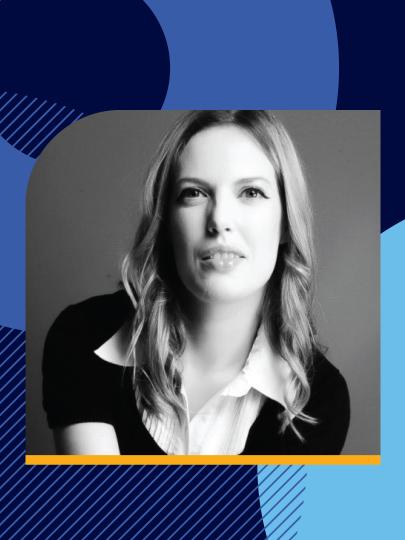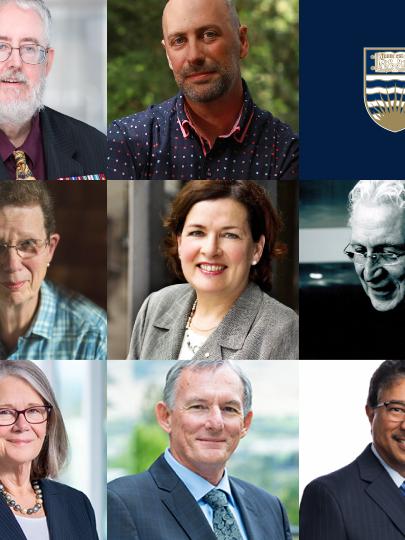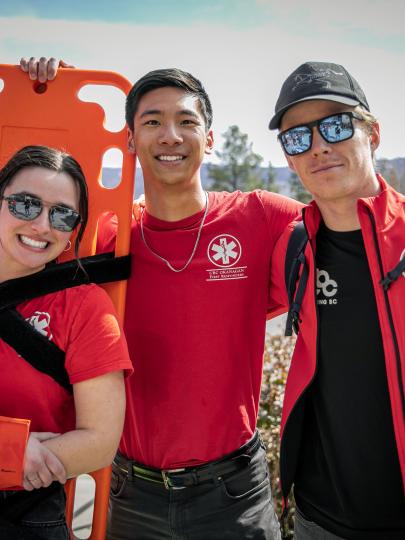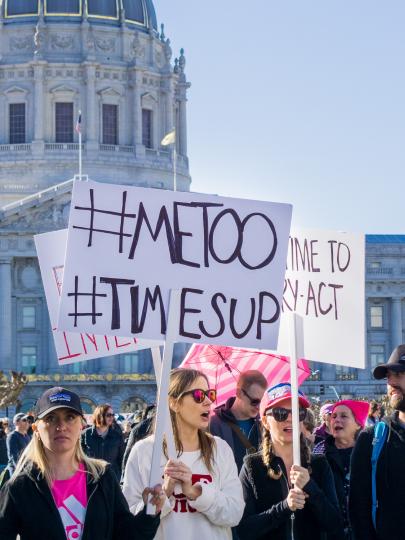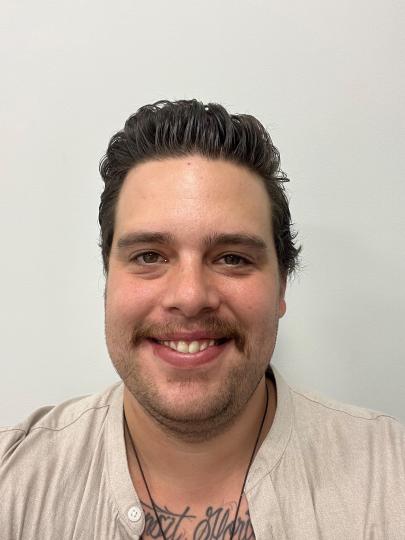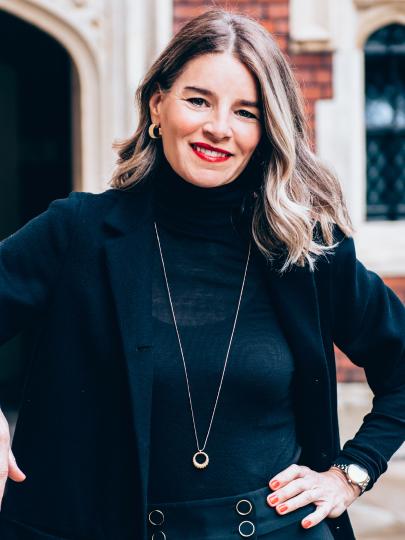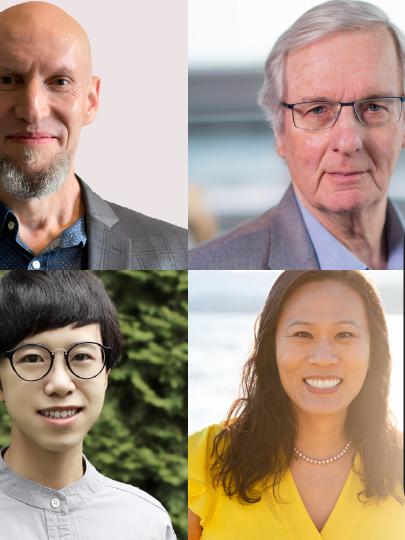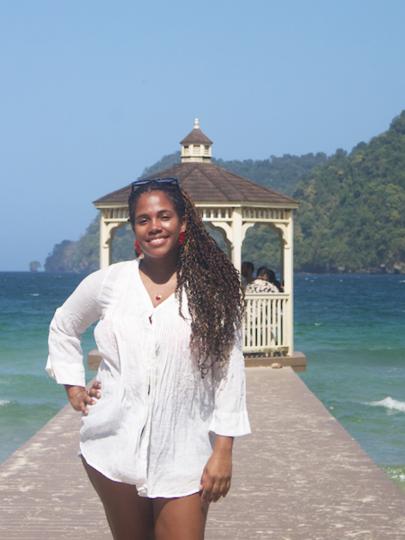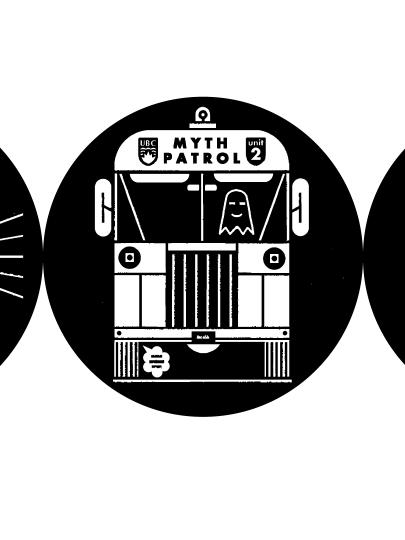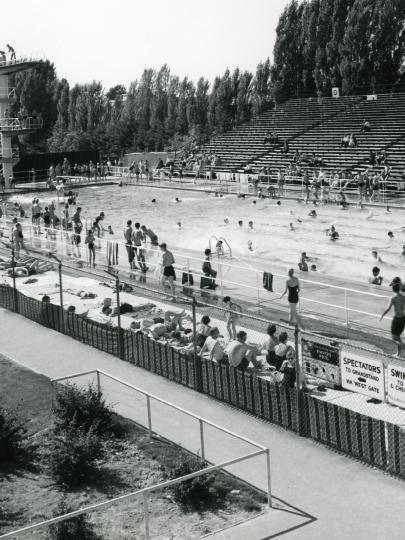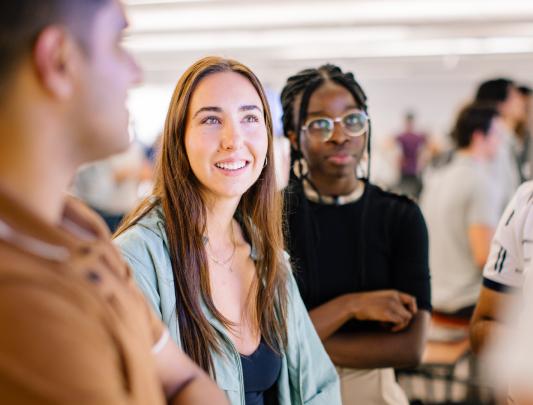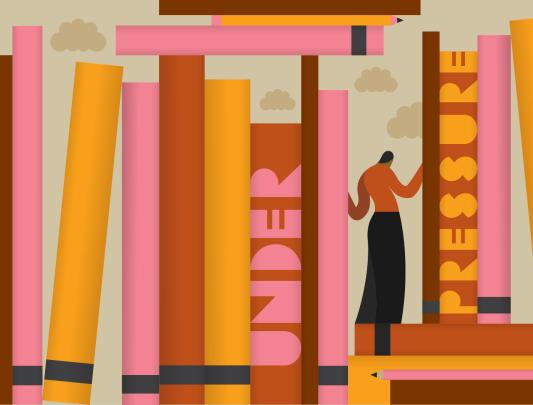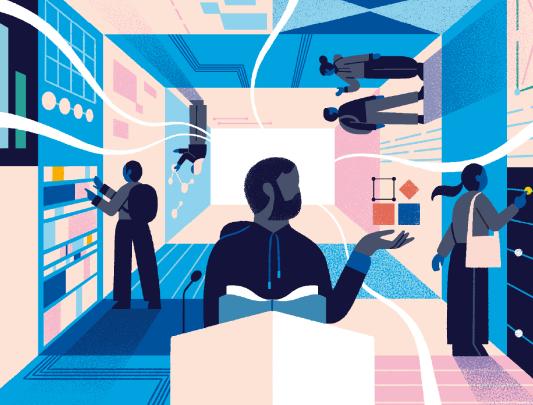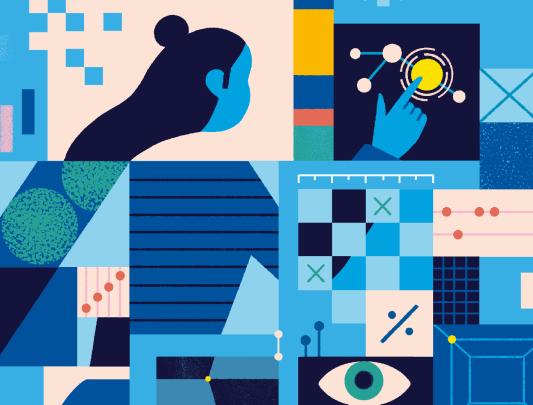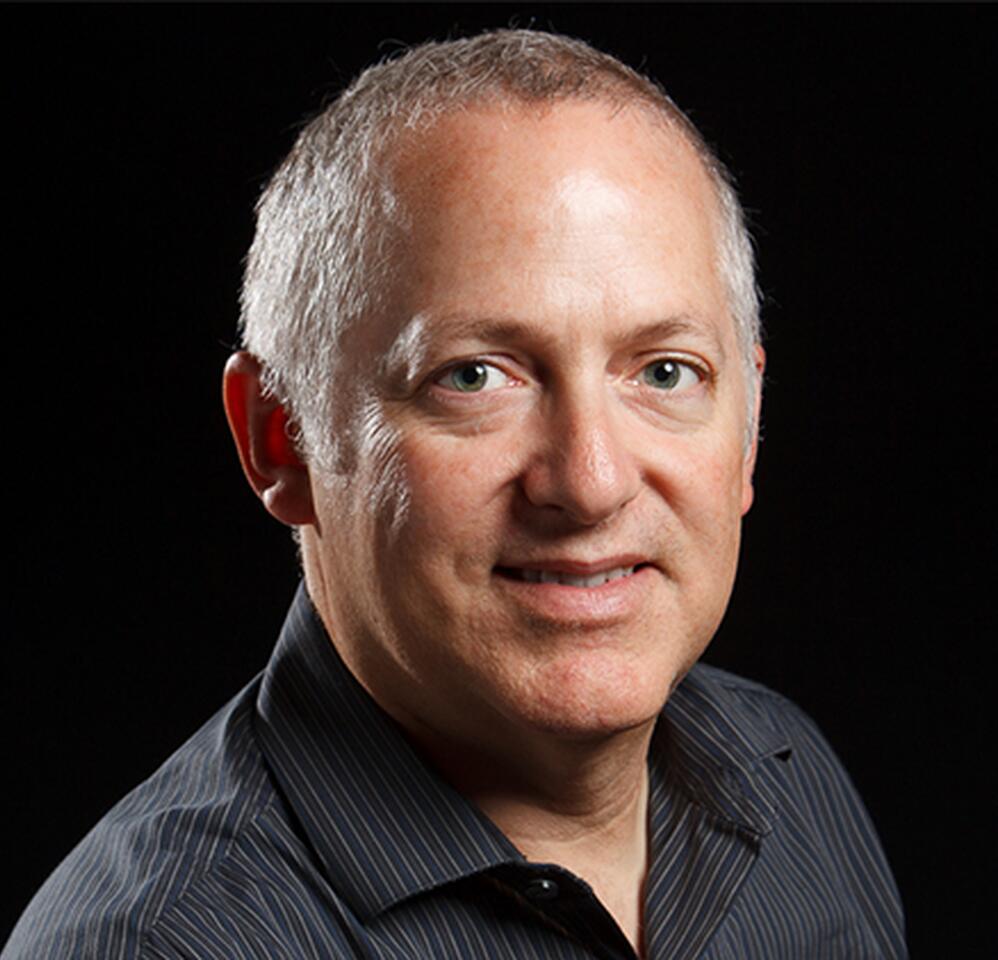
David Fraser, MASc’88
Current Role
VP, Intellectual Property Strategy
An entrepreneur, patent agent and engineer, David specializes in business strategy and patent monetization. He is passionate about ensuring that the organizations he works with use proper patents to protect technology, attract investors, generate revenue and inspire inventors.
His extensive experience in intellectual property strategy, technical due diligence, patent transactions and licensing has led him to work with some of the largest high-tech companies in Japan, the EU, and the United States. David also has many years of experience doing business internationally.
David’s specialty lies in aligning corporate strategy with patent strategy, patent monetization, licensing and divestiture. He also specializes in drafting patents, the prosecution of patents for monetization and international intellectual property strategy.
Briefly describe your career journey so far.
I earned my Bachelors degree at Queen's, worked in Iceland for the summer and then completed a Masters degree at UBC. I worked in Japan for 7 years and returned to Canada in 1994 to work in Ottawa in the high-tech, communications field. In 2003, I started work at a company that provided reverse engineering services to patent licensing companies. In 2009, I became a Patent Agent. In 2013, I started an Executive MBA at the University of Ottawa. I graduated in 2015 and became a consultant/Patent Agent. Now I work with a number of SMEs, helping them to identify, manage, and protect their intellectual property.
What factors led you to enter your current field of work?
Mainly chance and taking opportunities as they arose. I had always wanted to travel overseas so jumped at the chance to work in Iceland. This led to being accepted to work in Japan. My Japanese work experience lead to me being hired by the reverse engineering company. Working at the reverse engineering company led to me becoming a patent agent.
My ability to benefit from adversity was critical. When I graduated from university in 1986 and then again in 1988, there were almost no jobs for new graduates in Canada. This led me to work abroad as well as to my graduate work at UBC. Even being laid off from jobs has benefited me as the next jobs I've gotten have invariably been better.
If you could go back in time, what would you do differently?
The 7 years I spent in Japan changed my life and exposed me to amazing professional and cultural experiences. However, international experience is not highly valued in Canada and during the 7 years I was out of the country my Canadian career was on hold and I lost the chance to make contacts that could help my career later. It is a trade-off with no clear answer but by taking one path you must always give up on other paths.
Describe a time you were able to transform a failure or a setback into a valuable learning experience.
Before I did my MBA, I was at a dead end in my career. A large part of this is that many business people believe that engineers do not know business. At the company where I worked this prevented me from being promoted. My solution was to enroll in an EMBA program where you study while continuing to work. These programs are also incredibly expensive. Nevertheless, I did the program, changed jobs, and am much better off today. Lesson learned - don't let people keep you down, stand up and better yourself.
Why did you decide to become a mentor? How has this experience been beneficial for you?
I became a mentor in order to share my experiences with others to help them. The benefit for me is to meet intelligent, motivated people and help them out.
David Fraser is an Online Career Mentor at alumni UBC. He is available to connect with UBC alumni and students seeking career support and guidance. Visit his profile to connect with him.

